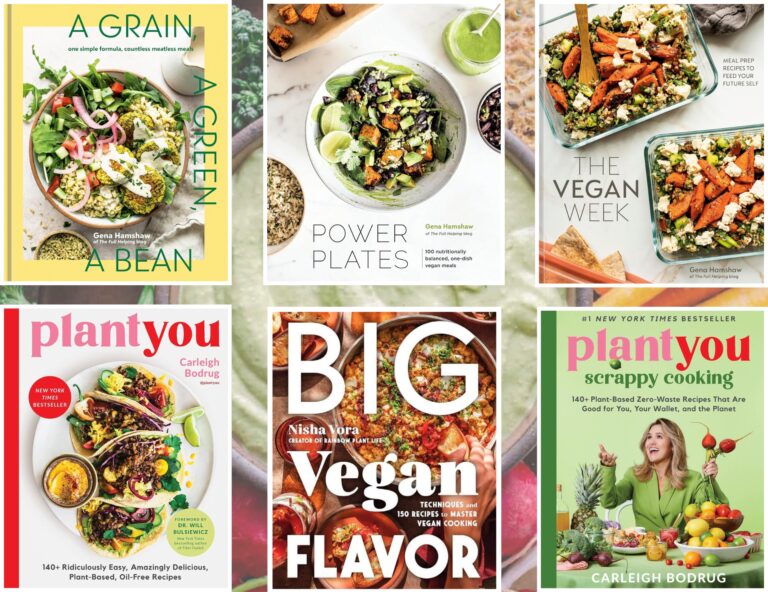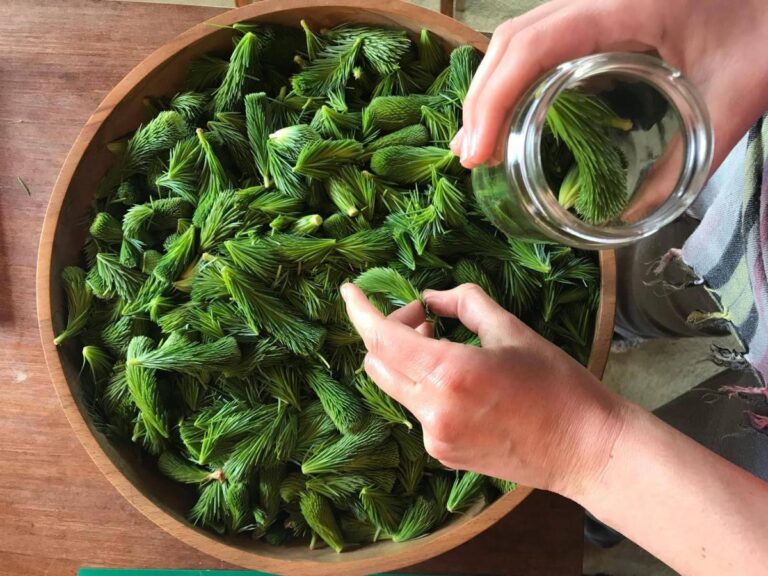For vegans, good nutrition isn’t just about personal health. It’s also about living in alignment with values of nonviolence, sustainability, and personal responsibility. Fortunately, many plant foods offer health benefits equal to or greater than their animal-based counterparts, and chia seeds are just one of the many whole plant foods that are good to be aware of. These small but powerful seeds have a lot going for them, and they’re especially valuable for heart health.
One of the major nutritional benefits of chia seeds is their high content of alpha-linolenic acid (ALA), a plant-based omega-3 fatty acid. Omega-3s are often associated with fish and fish oil, which are not compatible with vegan ethics. But ALA comes from plants, and chia seeds are one of the richest sources.
A 2012 review in the European Journal of Clinical Nutrition found that higher ALA intake is linked to a reduced risk of cardiovascular disease. For those seeking omega-3s without contributing to animal exploitation, chia seeds offer an ethical and effective option.
Chia seeds also provide soluble and insoluble fiber, which support heart health by helping to reduce LDL cholesterol (commonly known as “bad” cholesterol) without lowering HDL (“good” cholesterol). High-fiber diets have consistently been associated with lower risks of heart disease, as noted by the Harvard T.H. Chan School of Public Health. With approximately 10 grams of fiber per ounce, chia seeds can help you meet your daily fiber goals.

There have also been several studies that suggest chia seeds may help lower blood pressure. A 2023 review published in Oxford University Press, found that people consuming chia seeds regularly experienced modest improvements in systolic blood pressure. These effects are likely due to the combined presence of magnesium, potassium, and anti-inflammatory compounds, all of which are found naturally in chia seeds.
Chia seeds may also help lower inflammation, a known factor in the development of heart disease. A 2024 meta-analysis showed that chia seed supplementation reduced levels of C-reactive protein (CRP), an inflammatory marker. This may be thanks to chia’s naturally occurring polyphenols and antioxidants, which help protect blood vessels and limit oxidative stress.
Chia seeds can also support healthy weight management which benefits heart health indirectly. Because of their fiber and protein content, chia may help improve satiety, reducing unnecessary snacking and overall calorie intake. Since central obesity is a strong risk factor for cardiovascular disease, this effect is especially meaningful for those seeking to support their metabolic health. Chia seeds may also help regulate blood glucose levels due to their high fiber content, which slows down the digestion of carbohydrates and sugar absorption. This can lead to more stable blood sugar levels after meals.

Overall, chia seeds benefit the human heart and body in multiple ways and are worth the personal investment. On an environmental note, they require less water and land use than animal-based foods, and unlike fish oil, chia seeds don’t contribute to ocean depletion. That’s a win, win, win situation no matter which way you look at it.
It’s important to note that while chia seeds offer real benefits, not all studies show dramatic changes in blood cholesterol or glucose levels. Like most nutritional therapies, chia seeds work best as part of an overall healthy pattern, such as a well-planned, whole-food plant-based diet, rather than a single “superfood” solution.
While chia seeds are safe for most people, they do absorb a large amount of water and can swell quickly, so they should always be consumed soaked or added to moist foods to prevent digestive discomfort. If you’re taking medications for blood pressure, blood sugar, or blood thinning, check with a healthcare provider before consuming large amounts. According to Verywell Health, chia seeds are generally well-tolerated and safe when used mindfully.

Choosing plant-based foods that also support personal health is a way to live with integrity, reducing harm to others while simultaneously improving the quality of our own lives. Chia seeds are a powerful example of how ethical food choices can also be healthy and environmentally supportive, providing heart-healthy omega-3s, fiber, minerals, and antioxidants, all without harming animals or the planet.
Chia seeds are a practical, affordable, and evidence-based solution that aligns with both vegan ethics and plant-based health. So the question then becomes, why would we settle for cruel, more destructive products for cardiovascular health, when we could have it all… packed into a seed?

Chia: Superfood for You AND Your Garden!
Many vegans are aware of the nutritional benefits of chia seed, but did you know it can also be a valuable addition to your vegan-organic garden?













